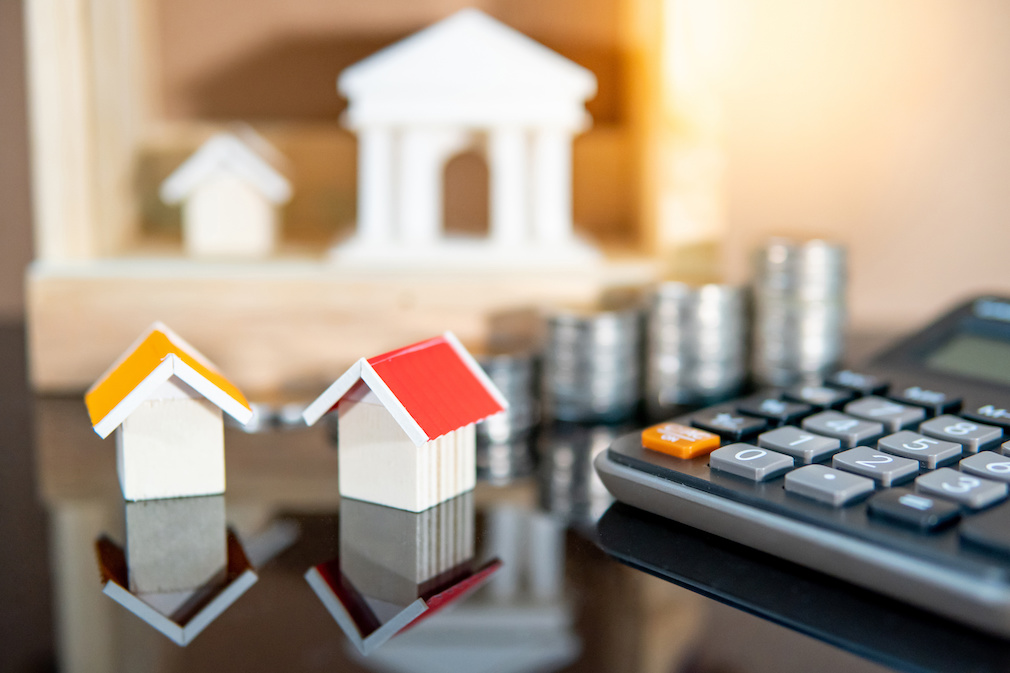Low interest rates throughout the end of 2019 contributed to the largest single-month acceleration in home prices in more than six years, but despite that, housing is more affordable than it’s been in two years.
The dueling factors of falling interest rates and rising home prices are at the center of an environment that’s actually creating increased affordability, according to Black Knight‘s latest Mortgage Monitor Report.
Home prices have reacted to sinking interest rates. December is the fourth consecutive month in annual rate of growth and the largest single-month acceleration in over six years, the report said.
Despite this, Black Knight Data & Analytics President Ben Graboske said that home price affordability has remained positive.
“Still, even with home price growth accelerating, today’s low-interest-rate environment has made home affordability the best it’s been since early 2018,” Graboske said. “At that time, the housing market was red-hot, with national home price growth at 6.6% and climbing – before rising rates and tightening affordability triggered a pullback in growth rates.”
According to Graboske, that’s not the case now.
“Despite the average home price increasing by nearly $13,000 from just over a year ago, the monthly mortgage payment required to buy that same home has actually dropped by 10% over that same span due to falling interest rates,” Graboske continued.
With home price gains this steady, it now requires 20.6% of median monthly income to purchase the same home as it did over a year ago, the smallest payment-to-income ratio in two years.
National home price growth gained almost a full percentage point increase in the last four months of 2019, after falling from 7% in early 2018, to 3.8% in August last year.
Now, housing is the most affordable it’s been since early 2018, the report said, with 30-year interest rates falling to 3.6% late last month.
In fact, the homeownership rate has risen to a six-year high, according to the Census Department. The homeownership rate hasn’t been this high since the third quarter of 2013.
And it’s possible that that figure could continue to rise.
“Put another way, prospective homebuyers can now purchase a home that is $48,000 more expensive than a year ago, while still paying the same in principal and interest,” Graboske said.
“That’s a 16% increase in buying power,” Graboske concluded. “Recent history at comparable levels of affordability suggest acceleration in home price growth may well continue in the coming months as this increased buying power puts upward pressure on home prices across the country.”






